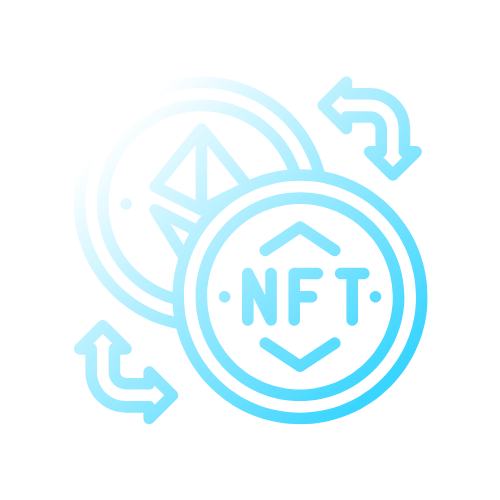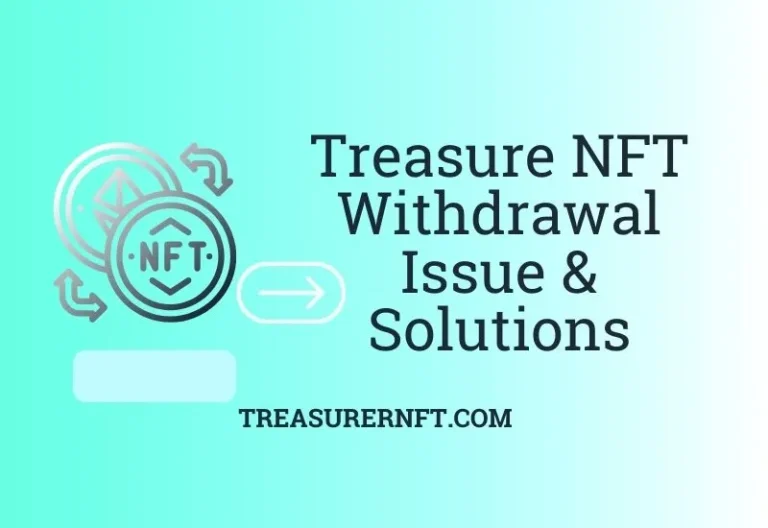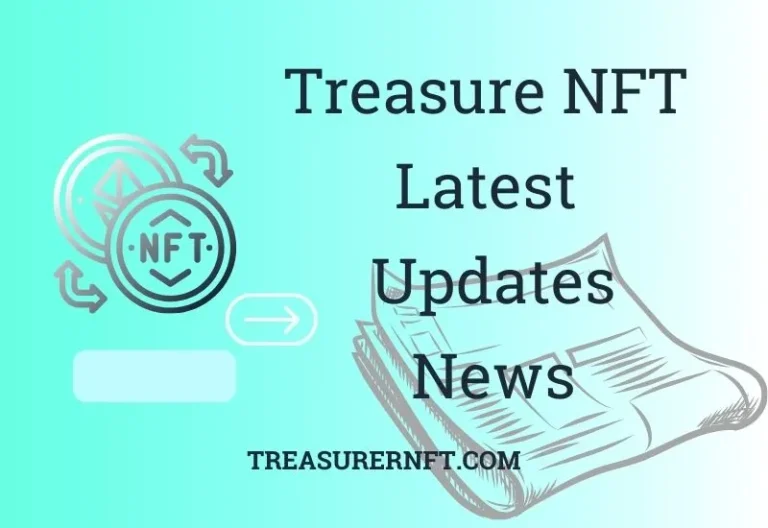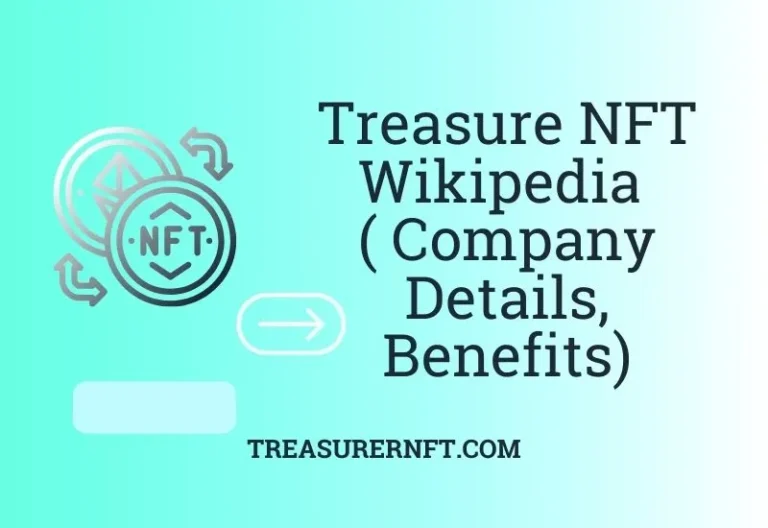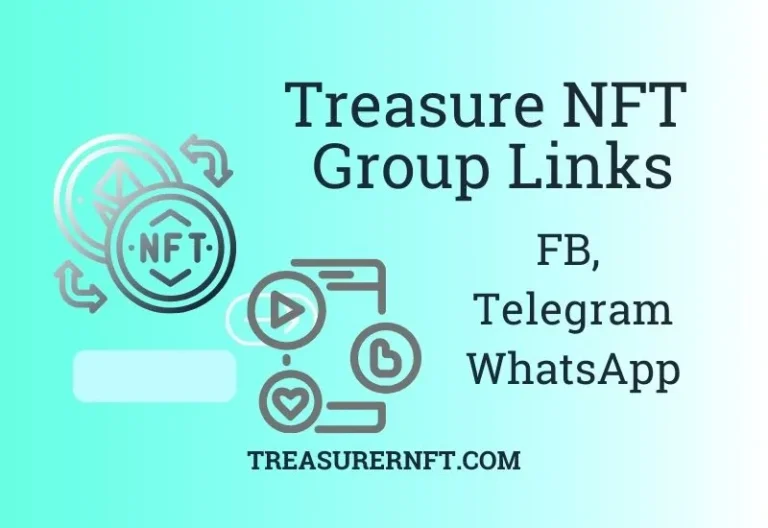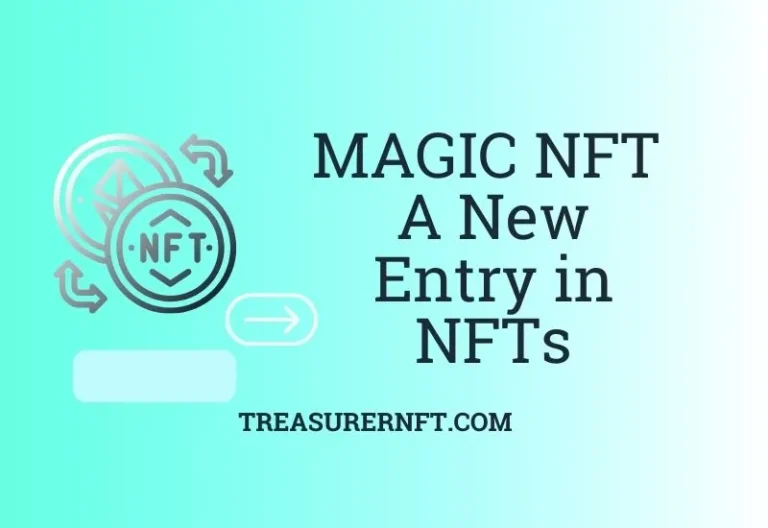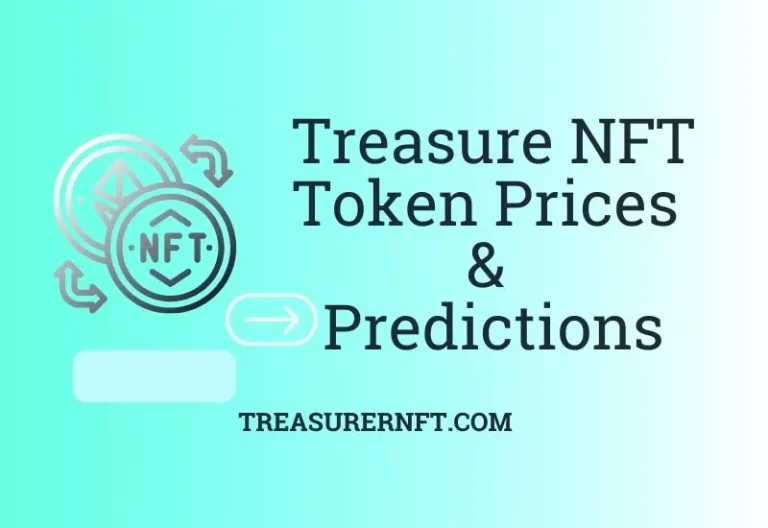Is Treasure NFT Halal Or Haram? – Islamic Fatwa
Is Treasure NFT Halal or Haram? This question is causing a tremendous debate among Muslim investors, Traders, and NFT users. They want to know whether investing or trading in this Company’s NFT is Halal/ Shariah-compliant. Users from Pakistan and India are showing great concern and researching it.
In the following paragraphs, you will get a clear picture of whether to invest in it, whether it is Shariah-compliant, or whether it involves interest, excessive uncertainty, or other activities prohibited from an Islamic point of view.
Moreover, A fatwa about Treasure NFT from a reputed Islamic Institute, Islamia Allama M Yousaf Institute, Karachi ( جامعہ علوم, اسلامیہ علامہ محمد یوسف بنوری ٹاؤن کراچی), will clarify things.
Click For Complete Overview of Treasure NFT Company
Treasure NFT Introduction
Treasure Non-fungible token (NFT) is one of the NFTs that has gained immense popularity in the digital world. It allows users to buy, sell, and trade digital assets such as artwork, music, and virtual land.
These tokens are now considered unique digital assets stored on a blockchain. NFTs represent ownership of a specific digital item unique to other blockchain assets. The permissibility of NFTs in Islam depends on several factors, including their purpose, underlying value, how they are traded and invested, who the company’s owner is and the motives behind his company.
Grounds that Prove Treasure NFT is Haram
Many grounds/realities make Treasure NFTs and its Magic tokens not permissible under Islamic law. Every point is elaborated with complete details.
1. Digital Assets With imprinted Pictures and Images
Treasure NFT is a monetary trading platform that facilitates buying and selling digital assets with printed or engraved images and other similar articles. If you see it from an Islamic point of view, this form of blockchain industry bears several concerns.
The primary issue involves the selling and buying of both animate and inanimate images. According to the Holy Quran and Hadith, not only is the trade of pictures of living beings forbidden but even capturing or creating such images is strictly prohibited (haram) and impermissible against Shariah.
It is considered a grave sin, leading to severe punishment in the afterlife, and all Muslims should avoid selling, buying, investing or getting profit from it.
2. Treasure Magic Token is a Digital Currency
The second fundamental issue is that transactions on this platform occur digitally, not in the actual form of any currency around the globe. In Islamic law, digital currency cannot possess real currency’s essential characteristics and conditions.
This form of digital currency is merely a hypothetical coin that appears as numerical values in an account with no material existence. However, for something to be considered wealth (maal) or currency, it must have a tangible form, which is absent here in the case of Treasure Non-fungible tokens- Magic Tokens.
3. Concerns Regarding NFT Physical Possession
The third, more crucial concern about this type of digital currency is when someone purchases a token or any related article, the buyer does not gain actual ownership of the asset. It is only registered under their account with actual physical possession.
In Islamic laws, selling any movable asset concerning any business before taking possession is impermissible.
4. NFTs Market Manipulation
Digital business history demonstrates that NFT owners, traders, or sellers usually generate value from artificial scarcity, which is willingly created to maximize gains or profit rather than the actual utility of any asset.
This is another ethical concern under Islamic teachings. We should try to abide by Islamic finance and Shariah laws.
5. Element of Gambling
All users, whether buyers or sellers know there is a common element of extreme price speculation in digital trading platforms like NFTs. This element resembles gambling, to some extent, a practice not permissible in Islamic Financial Laws and regulations.
Grounds that Prove Treasure NFT as Halal
There could be some points at which this Treasure can be considered Halal if used according to these rules as defined by Islamic Shariah. Suppose this platform is following these conditions in proper letter and spirit.
You will get a complete grasp of each prerequisite in the following attributes.
1. Genuine Ownership
Suppose any NFT becomes a lawful asset with intrinsic value (e.g., digital art, educational content, or software) and a point that represents the buyer’s actual ownership. Its purchase and sale could be regarded as halal.
Another point to consider is who owns the company; as far as Treasure NFT is concerned, you are not pretty sure who owns the company.
2. Permissible Uses
NFT treasure used for reasonable purposes according to Shariah finance principles, which prohibit activities involving interest (riba), excessive uncertainty (gharar), and gambling (maysir) may be considered Halal (permissible) after consulting an Islamic scholar and getting a fatwa.
Fatwa about Treasure NFT
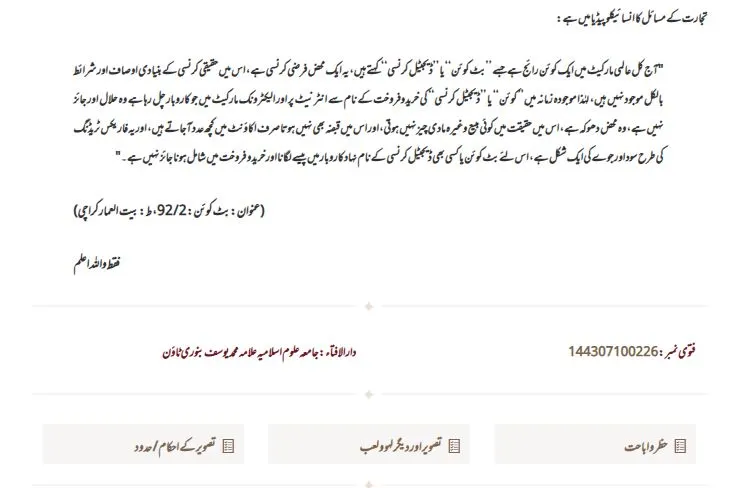
Conclusion: Is NFT Halal or Haram?
From an Islamic point of view, the permissibility of NFT in trading depends on its usage, intent, and trading methods for traders, sellers, and buyers.
Ethical buying and selling of NTF treasure without engaging in speculation, deception, or haram activities is permitted.
However, it is far better for all Muslims, especially from India and Pakistan, to avoid it if it involves prohibitive elements like excessive uncertainty in trading, gambling-like speculation, or unethical content on NFTs.
For Muslims considering investing in NFTs, it is advisable to consult Islamic finance experts and exercise caution before engaging in NFT transactions.
